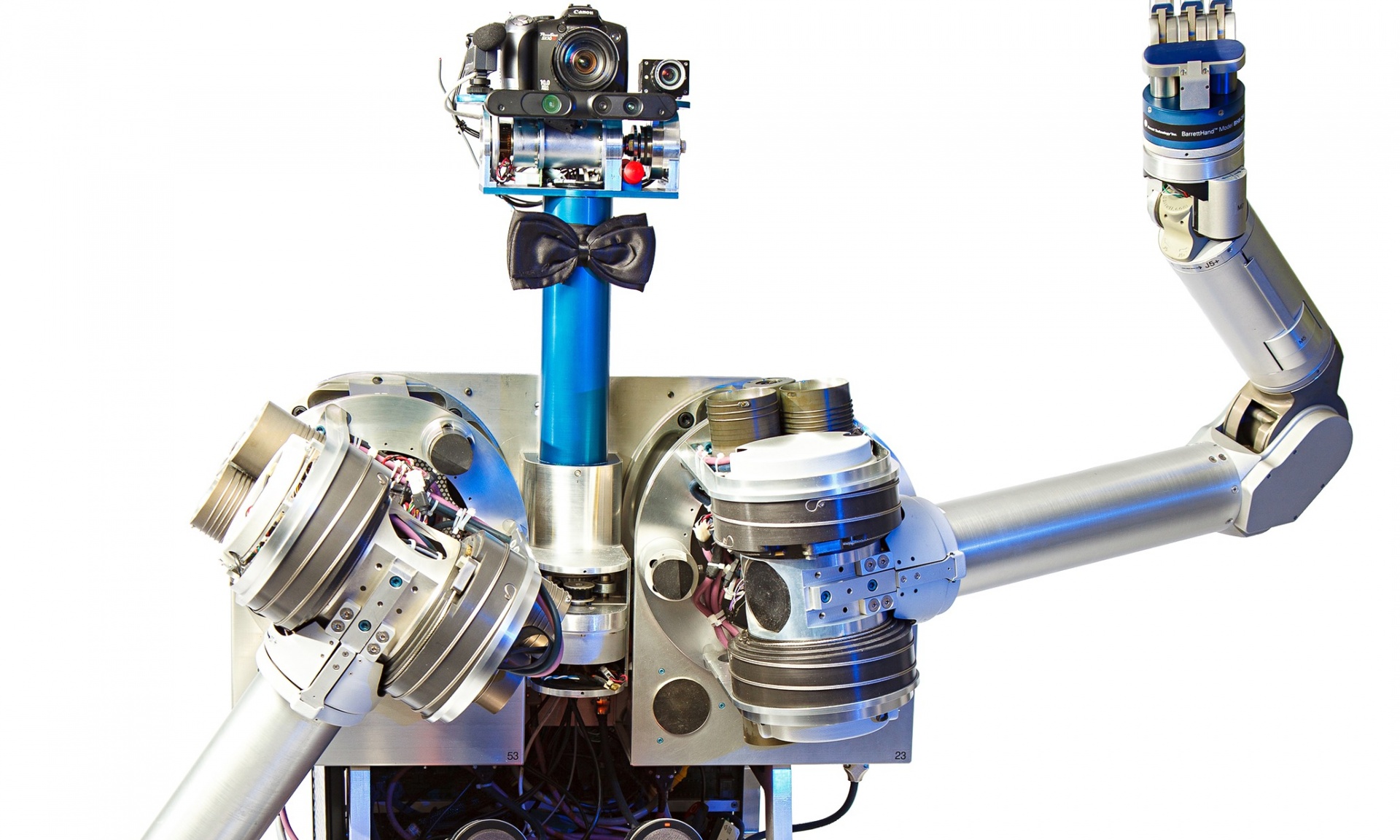There has been a lot of talk recently on the march of the machines and the imminent demise of jobs across the world as computers and the Internet become more intelligent and capable. Maybe it was a slow news week, because now it is all about oil prices and Europe, but it is possibly one of the most challenging issues facing humanity aside from pollution.
I am a great believer in advancements in technology and while our present is not quite what we would have imagined twenty years ago (I still don’t have a flying car) it is leaps and bounds further on in many other respects. The power of the Internet is only now being fully understood, and while the Information age has opened up vast amounts of data it hasn’t, until recently, started to make inroads into daily society as the preferred method of engagement. Tax discs have gone online, there is no need to ever visit a high street or supermarket, Amazon and Ocado have that licked, it is even easy to do my tax return. I can do my weekly shop on my iPhone in twelve clicks and 11 hours later it is all delivered on my doorstep in perfect condition. That has to be the retail equivalent of putting a man on the moon. But what does that all mean in the real world and jobs?
Well the global media seem to have woken up to the fact that many jobs are changing in response to this advancement, but worryingly it is the acceleration as technology continues to advance in leaps and bounds. Many years ago The Electric Telegraph Company (before it became hip BT) recruited many hundreds if not thousands of staff to man their telephone exchanges as Operators, as did other telephone companies across the world. Their job was to get calls connected and in 1918 managed to complete long distance calls in around 15 minutes. But soon came the advent of automatic switching and this once important role was made redundant. This was a quick change but fast forward to today and you have a whole industry about to buckle with phone calls almost being free in the advent of FaceTime, Skype and WhatsApp. We have seen the likes of Kodak, Nokia, Xerox, Marconi, CityLink and Amstrad to name but a few struggle with this change and this is only the beginning.
Why for example would TFL continue to tolerate being held to ransom by drivers striking when the technology to automate trains is available? Apparently all across the employment spectrum jobs from secretaries through to travel agents and credit controllers are all inline to be automated. It is reckoned that within 20-years over 35% of UK jobs will have been lost. That is over 10 million people looking for a new career.
The hope is that for every repetitive job that is automated a new job will appear, but realistically if we look the way our economy is going with increasing margins and the profits big business are reporting that isn’t actually happening. I am sure for example Google does not employ more people than all the libraries, mapping companies and media businesses it has displaced. Sure there are a lot of new opportunities but I am not sure all the people who have lost their jobs have been able to retrain as developers.
One of my biggest fears from ‘the rise of the machines’ is that we will end up with a bigger social divide with more have nots than haves. Unfortunately I am not confident our education system is going to be able to cope with the shift that is going to happen so quickly around us. Hopefully whole new industries will emerge that haven’t even been imagined yet.




Leave a Reply